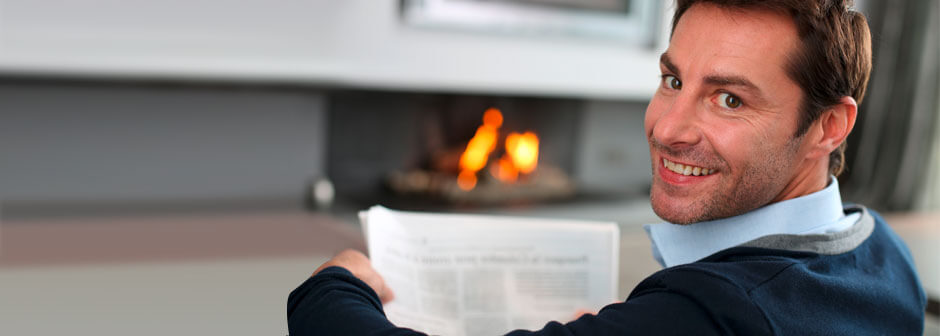The latest European Green Deal and the resulting Corporate Sustainability Reporting Directive have placed even more importance on sustainability and the reporting it entails for German SMEs which are facing growing challenges in doing business sustainably. However, this situation also offers an opportunity for SMEs to make their economic development sustainable, as far as Dr Jan Klingele, Managing Partner of the Klingele Paper & Packaging Group, is concerned: “In a world defined by constant change, we recognise a crucial link between our employees’ well-being, the needs of society, and preservation of our planet. So, sustainability forms the basis of all our actions while we strive to achieve positive results for the environment, society and the economy”, as Klingele’s Sustainability Report 2022 transparently describes this strategy. It presents data from 2021 to 2022 and was prepared in accordance with the Global Reporting Initiative (GRI) guidelines.
Responsible action as a driver for transformation
According to Klingele’s strategy, sustainable business growth requires a combination of economic, ecological and social responsibility. “The first step is to follow current political, economic, environmental and social developments, defining our place in them, and to define our goals, establish measures, and implement them resolutely”, affirms Dr Klingele. The company therefore prioritises and promotes sustainable thinking at all levels in order to drive issues forward and affect real transformation. This takes a responsible management team that drives this strategy with entrepreneurial courage.
“In view of this, it’s only strategically consistent that we, as a medium-sized family business, are interested in sustainable investments in emerging future markets such as South America and Africa. These investments not only make economic sense for us as an expanding company, but also actively contribute to the long-term sustainable development of these regions”, Dr Klingele explains.
Example of success: Sustainable investment in South America
A lighthouse project in South America shows how strategic investment in sustainable future markets can look against the backdrop of future raw material supply. In February 2021, Klingele acquired a kraftliner paper mill in the town of Nova Campina in the state of São Paolo, which specialises in the production of kraftliner paper from virgin fibres. By virtue of their hygienic safety, kraftliners are mainly used in direct contact with food, in high-quality printing and in packaging fresh and chilled products. Since the purchase, the 650 employees have continuously modernised the facilities to meet the accustomed high sustainability standards. Fresh fibre paper with the FSC® Mix label1 is already being produced using pine and eucalyptus wood certified according to FSC® Forestry Management and FSC® Controlled Wood requirements. The biomass boiler now on the site will be replaced by a modern fluidised bed boiler in summer 2024. This will not only improve air quality by significantly reducing emissions, but will also increase energy efficiency. The facility in Nova Campina is set to cover 100 per cent of its electricity requirements with its own safe power supply. “We’re proud to witness the transformation of Nova Campinas into a modern site with environmentally-conscious production. It’s an inspiring example of future international investments that will mean sustainable economic 1 Here you’ll find our various FSC® Chain of Custody certifications: www.klingele.com/unternehmen/zertifikate Dr Jan Klingele, Managing Partner of the Klingele Paper & Packaging Group (Source: Klingele Paper & Packaging Group) growth both for us as a company and for the region”, says Robert Alexander Sieger, Chief Operating Officer, Paper Division at Klingele.




